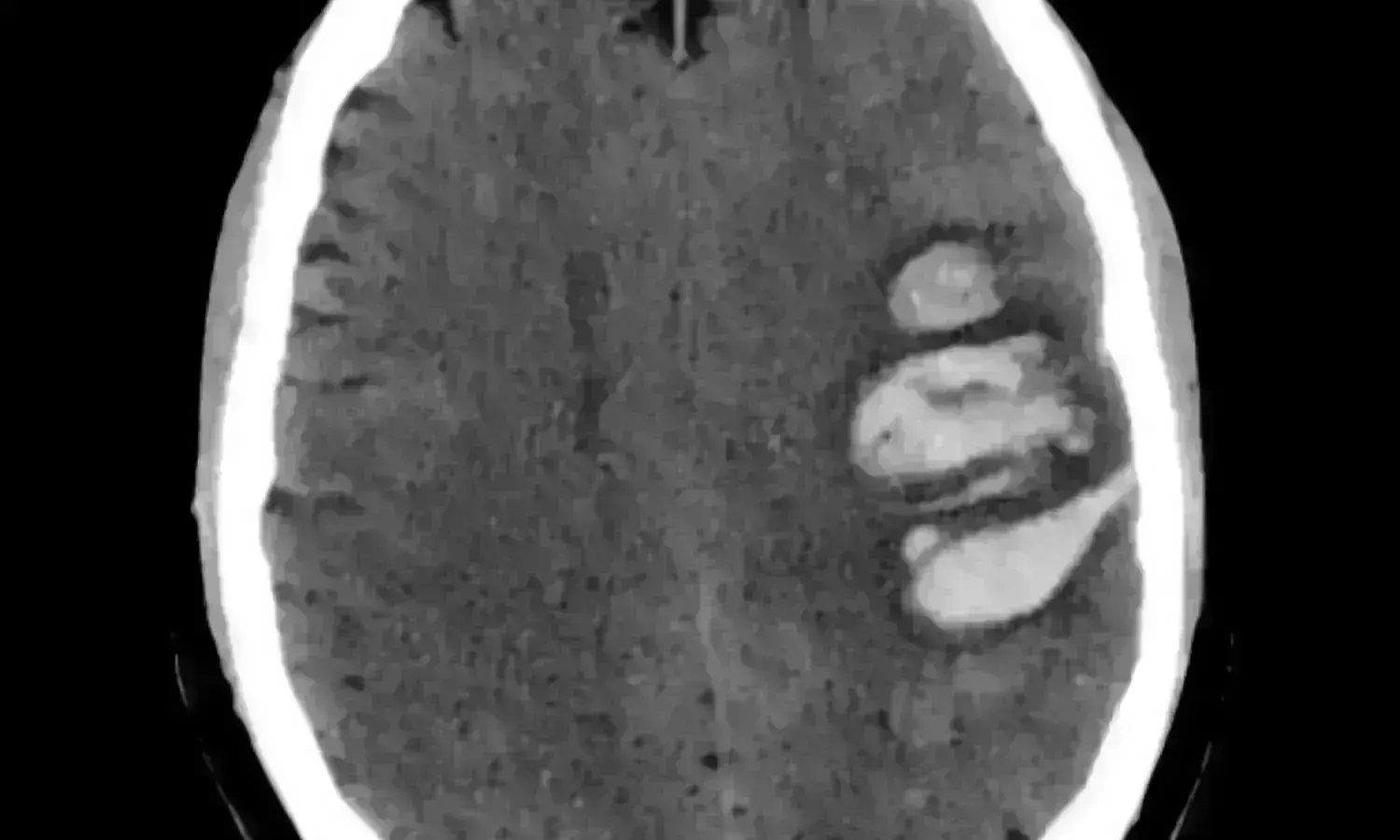- Home
- Medical news & Guidelines
- Anesthesiology
- Cardiology and CTVS
- Critical Care
- Dentistry
- Dermatology
- Diabetes and Endocrinology
- ENT
- Gastroenterology
- Medicine
- Nephrology
- Neurology
- Obstretics-Gynaecology
- Oncology
- Ophthalmology
- Orthopaedics
- Pediatrics-Neonatology
- Psychiatry
- Pulmonology
- Radiology
- Surgery
- Urology
- Laboratory Medicine
- Diet
- Nursing
- Paramedical
- Physiotherapy
- Health news
- Fact Check
- Bone Health Fact Check
- Brain Health Fact Check
- Cancer Related Fact Check
- Child Care Fact Check
- Dental and oral health fact check
- Diabetes and metabolic health fact check
- Diet and Nutrition Fact Check
- Eye and ENT Care Fact Check
- Fitness fact check
- Gut health fact check
- Heart health fact check
- Kidney health fact check
- Medical education fact check
- Men's health fact check
- Respiratory fact check
- Skin and hair care fact check
- Vaccine and Immunization fact check
- Women's health fact check
- AYUSH
- State News
- Andaman and Nicobar Islands
- Andhra Pradesh
- Arunachal Pradesh
- Assam
- Bihar
- Chandigarh
- Chattisgarh
- Dadra and Nagar Haveli
- Daman and Diu
- Delhi
- Goa
- Gujarat
- Haryana
- Himachal Pradesh
- Jammu & Kashmir
- Jharkhand
- Karnataka
- Kerala
- Ladakh
- Lakshadweep
- Madhya Pradesh
- Maharashtra
- Manipur
- Meghalaya
- Mizoram
- Nagaland
- Odisha
- Puducherry
- Punjab
- Rajasthan
- Sikkim
- Tamil Nadu
- Telangana
- Tripura
- Uttar Pradesh
- Uttrakhand
- West Bengal
- Medical Education
- Industry
Antihypertensive Medications linked to Acute Kidney Injury in ICH Patients

A recent study published in BMJ Neurology Open has highlighted the potential dangers of certain antihypertensive medications in patients with acute intracerebral haemorrhage (ICH). The research suggests that the use of the drug diltiazem, following the administration of nicardipine, can significantly increase the risk of acute kidney injury (AKI).
ICH is characterized by spontaneous bleeding within brain tissue and is a critical health concern. Elevated blood pressure (BP) is common in ICH patients, posing a risk of haematoma expansion. Immediate BP reduction is the conventional treatment approach to mitigate this risk and lessen the potential for disability and death.
However, the management of acute ICH is complicated by AKI, which has shown to independently increase the likelihood of dependence or death. Previous research has indicated that more aggressive BP reduction can escalate the risk of AKI, but there was a gap in understanding if the type of antihypertensive drug played a role in this scenario.
The authors explored this potential link using data from the Antihypertensive Treatment of Acute Cerebral Haemorrhage (ATACH)-II clinical trial. This trial involved 1,000 patients worldwide with acute ICH and elevated systolic BP, with participants randomized to receive either intensive or standard BP reduction treatments. Notably, nicardipine was the first-line antihypertensive medication recommended.
The research team determined AKI based on the Kidney Disease: Improving Global Outcomes (KDIGO) criteria, focusing on changes in serum creatinine levels within the first week of intensive care. Out of the 1,000 participants, 109 (10.9%) developed AKI. The study found that those with AKI were more likely to have received diltiazem as an additional drug after nicardipine and also had a higher likelihood of having type 2 diabetes.
The researchers concluded that diltiazem, especially when administered after nicardipine, was linked to an increased probability of AKI compared to other antihypertensive medications. The reasons behind this association remain unclear, but one theory suggests that the combination of these drugs might inhibit kidney blood flow, leading to AKI. The simultaneous use of diltiazem and labetalol might also heighten the risk by inducing bradycardia.
These findings are crucial for guiding treatment strategies for ICH patients. The research underscores the need for more investigations into the mechanisms by which BP reduction leads to AKI, as understanding this can enhance the effectiveness and safety of treatments. Considering the severe implications of both ICH and AKI, medical practitioners might need to reevaluate their medication protocols to minimize potential risks.
Reference :
Naidech AM, Wang H, Hutch M, Murphy J, Paparello J, Bath P, Srivastava A, Luo Y. Blood pressure medication and acute kidney injury after intracerebral haemorrhage: an analysis of the ATACH-II trial. BMJ Neurol Open. 2023 Jul 28;5(2):e000458.
doi: 10.1136/bmjno-2023-000458.
MBBS, DrNB Neurosurgery
Krishna Shah, MBBS, DrNB Neurosurgery. She did her MBBS from GMC, Jamnagar, and there after did direct 6 Year DrNB Neurosurgery from Sir Ganga Ram Hospital, Delhi. Her interests lie in Brain and Spine surgery, Neurological disorders, minimally invasive surgeries, Endoscopic brain and spine procedures, as well as research.
Dr Kamal Kant Kohli-MBBS, DTCD- a chest specialist with more than 30 years of practice and a flair for writing clinical articles, Dr Kamal Kant Kohli joined Medical Dialogues as a Chief Editor of Medical News. Besides writing articles, as an editor, he proofreads and verifies all the medical content published on Medical Dialogues including those coming from journals, studies,medical conferences,guidelines etc. Email: drkohli@medicaldialogues.in. Contact no. 011-43720751


